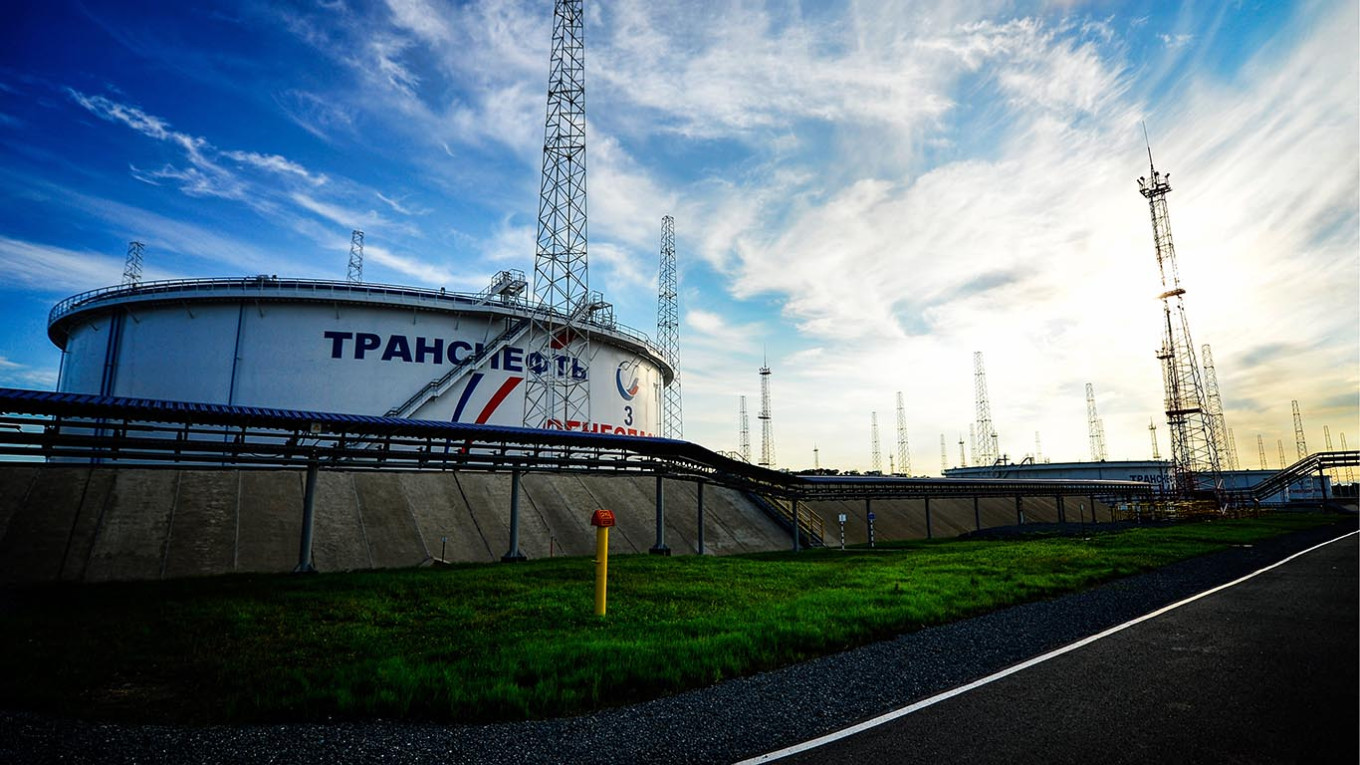Russia’s oil pipeline monopoly, Transneft, has cautioned producers that it might have to cut back on output due to ongoing Ukrainian drone strikes targeting seaports and refinery facilities, as reported by Reuters on Tuesday, referencing industry insiders.
In recent months, Ukraine has heightened its assaults on Russian oil infrastructure, a crucial revenue stream for the Kremlin’s military operations.
Reports suggest that since early August, Ukrainian drones have attacked at least ten refineries, causing refining capacity to drop by nearly 20% at certain times.
Last week, drone strikes targeted Primorsk, the largest oil port in Russia located northwest of St. Petersburg, which temporarily disrupted its operations.
In light of the persistent threats, Transneft has restricted producers’ capacity to store oil within its pipeline network and indicated that additional damage might compel the company to accept lower volumes from producers, according to two industry contacts who spoke to Reuters.
Transneft dismissed the report as “fake” and part of a Western “information war” against Russia, which contributes to 9% of the global oil supply. Russian officials have not publicly acknowledged the extent of damage to the country’s oil facilities.
Ukrainian President Volodymyr Zelensky referred to the assaults as “the sanctions that work the fastest,” highlighting the substantial harm caused.
These attacks have led to soaring domestic fuel prices, with wholesale gasoline prices increasing by more than 50% since January.
In response, the Russian government has implemented a temporary ban on gasoline exports for August and September and is now reportedly considering extending this ban through October.

